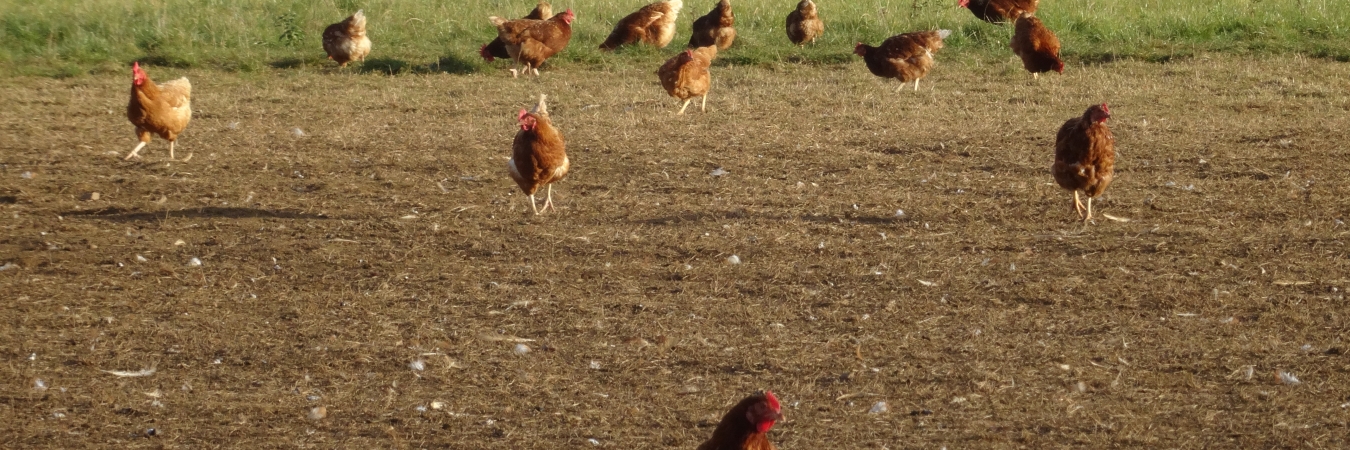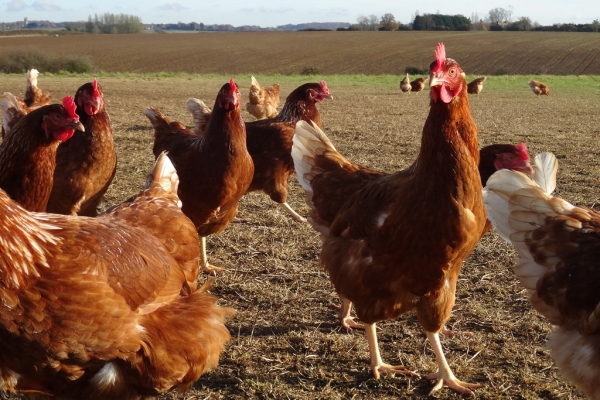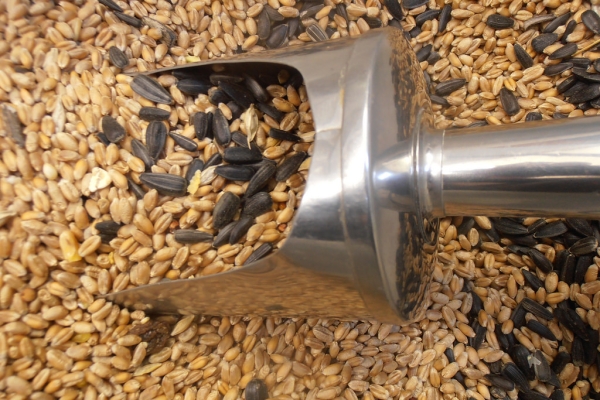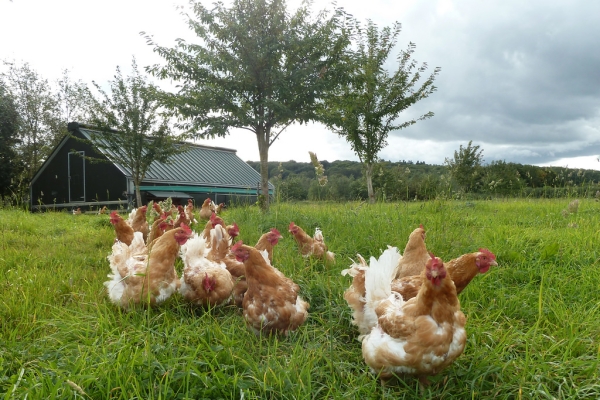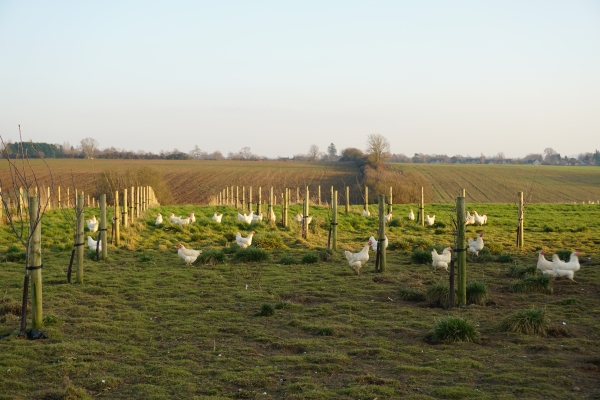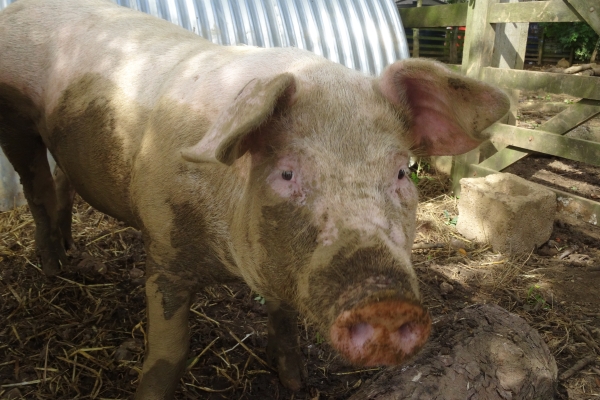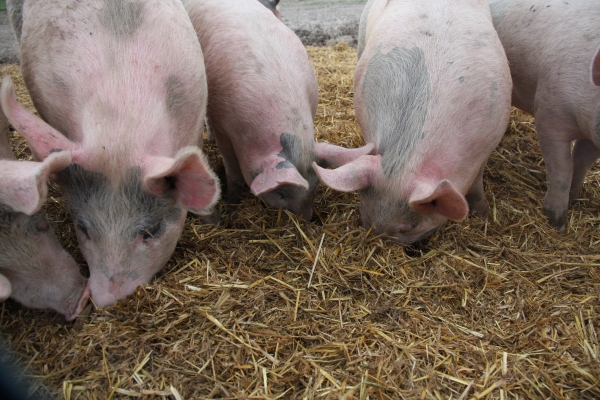The future for insect bioconversion products in poultry feed
A Nuffield Farming Scholarships Trust Report
Resource explained
This Nuffield report, written by Dr Aidan Leek, a poultry nutritionist and technical specialist in the industry, is a result of a worldwide study that he embarked on to better understand the production and use of insects in feed and the opportunities for the farming industry regarding insect bioconversion. He wanted to highlight ways in which the UK poultry industry may be able to utilise insect products and identify if insects could offer a potential solution for waste materials generated in the poultry industry. The report explores associated risks of insects in the food chain, current legislative status, the role of live insects in the diet of poultry, and focuses on insects of particular interest for feed. It looks at insect production systems, demands for insect protein, and considers sustainability, market demands and public attitudes.
Findings & recommendations
- It is possible that poultry feed could contain products of insect bioconversion in the future. Insect oil (a by-product of insect processing for pet or aqua feed), may feature in poultry diets before insect protein.
- Development of a commercial insect production industry in Europe is faced with legislation, cost, and scalability hurdles. Few published studies report any detriment to including processed insect protein in poultry feed.
- Insects may offer an opportunity for organic feed producers to replace imported proteins i.e. soya or sunflower meals, or those that may have a lower sustainability score i.e. fishmeal. However more research is needed to satisfy consumers of the preservation of food safety when using insects produced on different organic materials.
- Future insect products need to deliver tangible benefits in terms of environmental impact, and satisfy broader sustainability objectives.
- Choice of insect species will depend on the properties of available growth substrates, climate or production conditions, and what is permitted under local regulations.
- Of 1,900 edible insect species in the world, those of greatest interest for feed are black soldier fly, housefly, kelp fly, cockroach, and common, giant, and lesser mealworm.
- Insects play a role in the natural diet of poultry and there may be associated productivity, health, and behavioural benefits.
